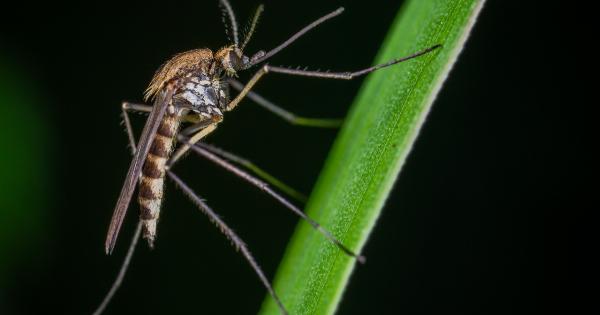The Zika virus outbreak that began in South America has spread throughout the world in recent months, with cases reported in Africa, Europe, and Asia. Now, the virus has made its way to the Island of Ireland.
Ireland has confirmed its first case of the Zika virus after a female patient returned from a trip to a Zika-affected area in late February.
What is Zika Virus?
Zika virus is a mosquito-borne virus that was first identified in Uganda in 1947 in monkeys through a network that monitored yellow fever. It was later identified in humans in 1952 in Uganda and the United Republic of Tanzania.
Outbreaks of Zika virus disease have been recorded in Africa, the Americas, Asia, and the Pacific.
How Does the Virus Spread?
The virus is primarily transmitted to humans through the bite of infected Aedes mosquitoes, which are found primarily in tropical and subtropical regions.
The mosquitoes become infected when they bite a person who has Zika virus circulating in their bloodstream. The virus can also be transmitted from mother to child during pregnancy, through sexual contact with an infected person, and through blood transfusion.
Symptoms of Zika Virus
Most people infected with Zika virus do not develop symptoms, and when symptoms do occur, they are usually mild and last for several days to a week. The most common symptoms of Zika virus are fever, rash, joint pain, and conjunctivitis (red eyes).
Other symptoms can include muscle pain and headache. Severe disease requiring hospitalization is rare, and deaths are uncommon.
What is the Risk of Transmission in Ireland?
The risk of transmission in Ireland is currently low. The Aedes mosquitoes that transmit the virus are not found in Ireland, and the virus can only be transmitted through the bite of an infected mosquito.
However, as seen with this recent case, the virus can be transmitted through sexual contact with an infected person or through blood transfusion.
How Can You Protect Yourself Against Zika Virus?
There is no vaccine for Zika virus, and there is no specific treatment for the disease.
However, you can take steps to protect yourself from mosquito bites, including wearing long-sleeved shirts and pants, using insect repellent, and avoiding areas where mosquitoes are found. If you are traveling to an area where Zika virus is present, you should take extra precautions and follow the advice of local health authorities.
What Should You Do If You Think You Have Zika Virus?
If you are experiencing symptoms of Zika virus and have recently traveled to an area where the virus is present, you should seek medical attention. Your doctor can provide a diagnosis and recommend appropriate treatment.
If you are pregnant and have traveled to an area where Zika virus is present, you should see a healthcare provider for testing and monitoring.
Conclusion
The Zika virus is a growing concern worldwide, and Ireland is not immune to the spread of the disease.
While the risk of transmission is currently low in Ireland, it is important to take steps to protect yourself from mosquito bites and to seek medical attention if you develop symptoms of the virus. By working together, we can help prevent the spread of this disease and protect the health of our communities.






























